On January 6, Gingal, an outlying village in north Kashmir’s Baramulla district buried five members of a family amidst heavy rains. A couple and their three children died in their sleep at their rented accommodation in Srinagar due to suffocation.
The family had almost nearly made their room airtight while turning a heating device on to withstand the sub-zero temperatures.
Since the onset of Chilia Kalan, the harshest leg of winter beginning from December 21 to January 29, at least 9 people have died due to asphyxiation in the Valley.
Each winter, the heating gadgets take a toll on human lives in Jammu and Kashmir. The carbon monoxide emitted by such devices reduces oxygen levels, often resulting in fatalities.
Heating devices
To beat the winter chill, the people in Kashmir rely on an array of heating devices, ranging from conventional fire pots and coal heaters to modern electronic gadgets. However, the use of Kangri, the traditional portable fire pot, is prevalent in both urban and rural areas. Each year, people burn abscised leaves and twigs to make charcoal, which they use in Kangris during winter season. Despite their widespread use, improper handling of such devices leads to severe consequences including fatalities and life-threatening diseases like cancers. Kangri cancer, a thermally-induced form of squamous cell carcinoma affecting the skin, is one of such cancers seen in the Valley. The Sher-I-Kashmir Institute of Medical Sciences (SKIMS) over the last few years registered over 400 skin cancer cases including heat-induced cancers associated with the prolonged use of Kangri.
Calls for precautions
In view of the rising incidents of carbon monoxide poisoning, the SKIMS has issued an advisory asking people to take precautions while using the heating devices. The advisory urged people to ventilate their homes properly and avoid using charcoal and gas geysers and heaters indoors.
Chief Minister Omar Abdullah asked people to exercise utmost caution while using heating devices and adhere to the advisories issued by the government.
Senior CPI (M) leader Mohammad Yousuf Tarigami batted for providing carbon monoxide sensors to households on subside rates.
“Government must develop a policy to distribute such sensors at subsidised prices to people through local bodies,” said Tarigami.
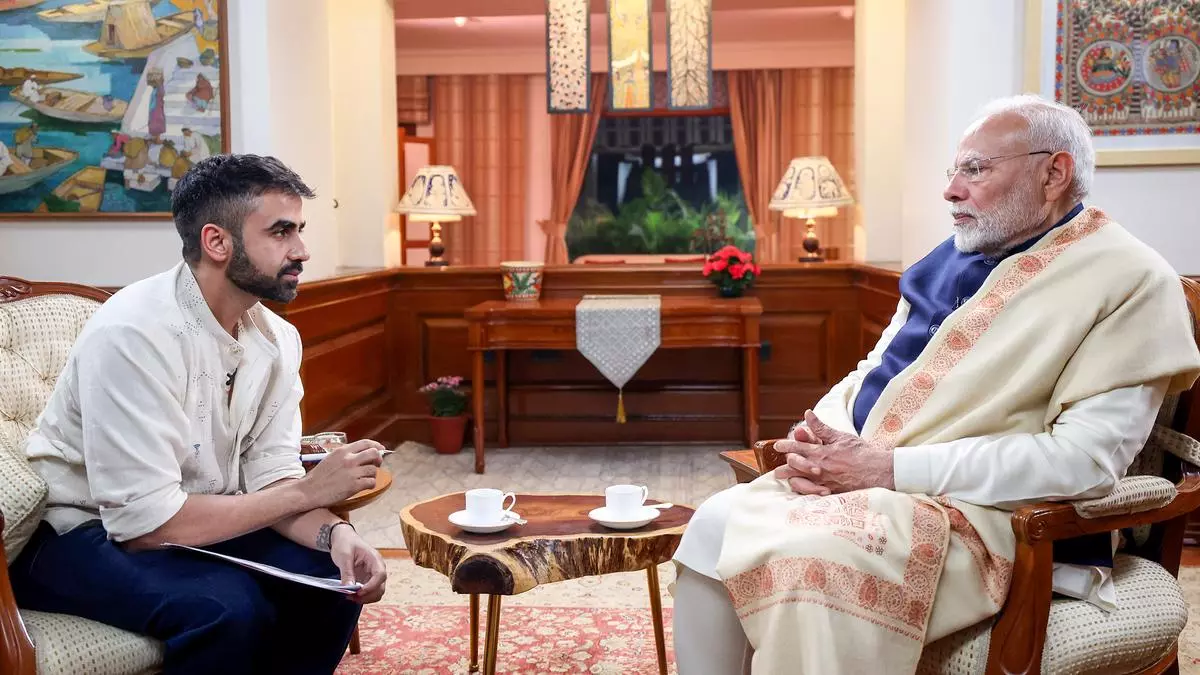
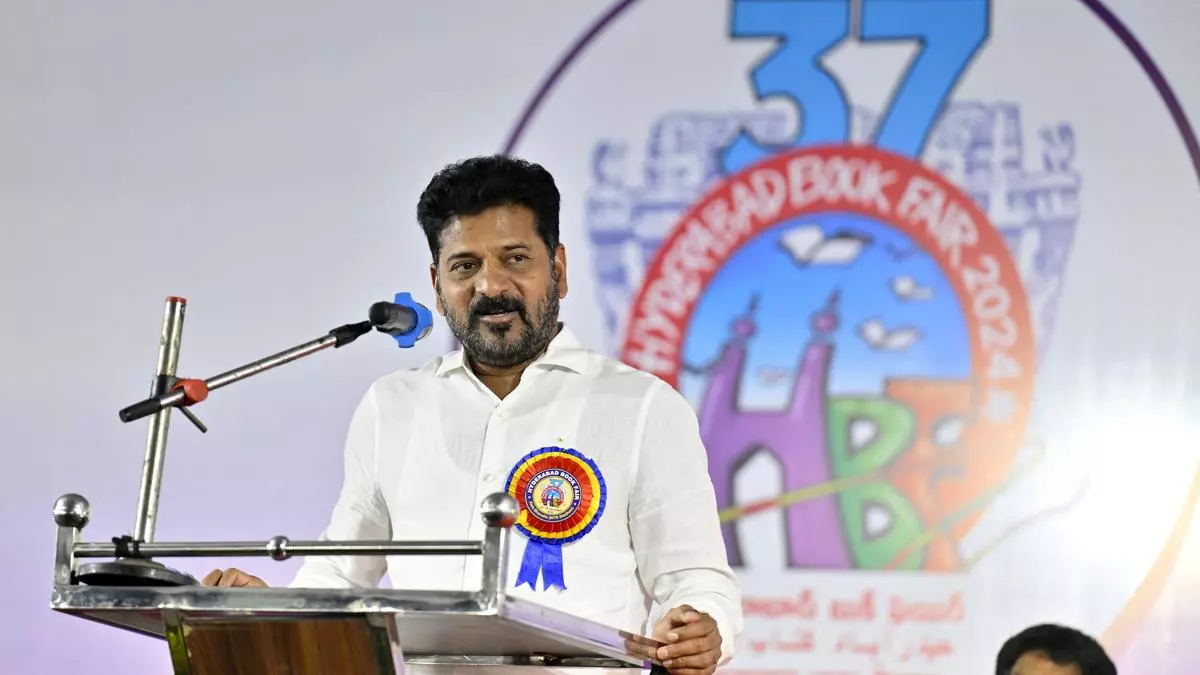
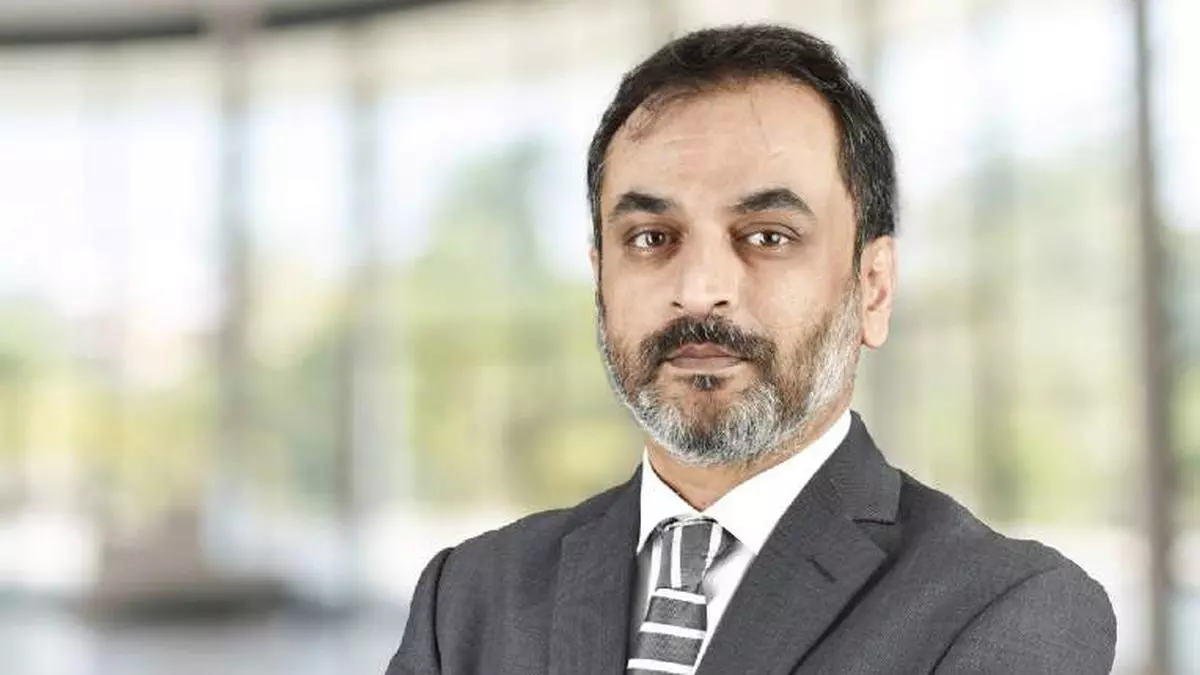

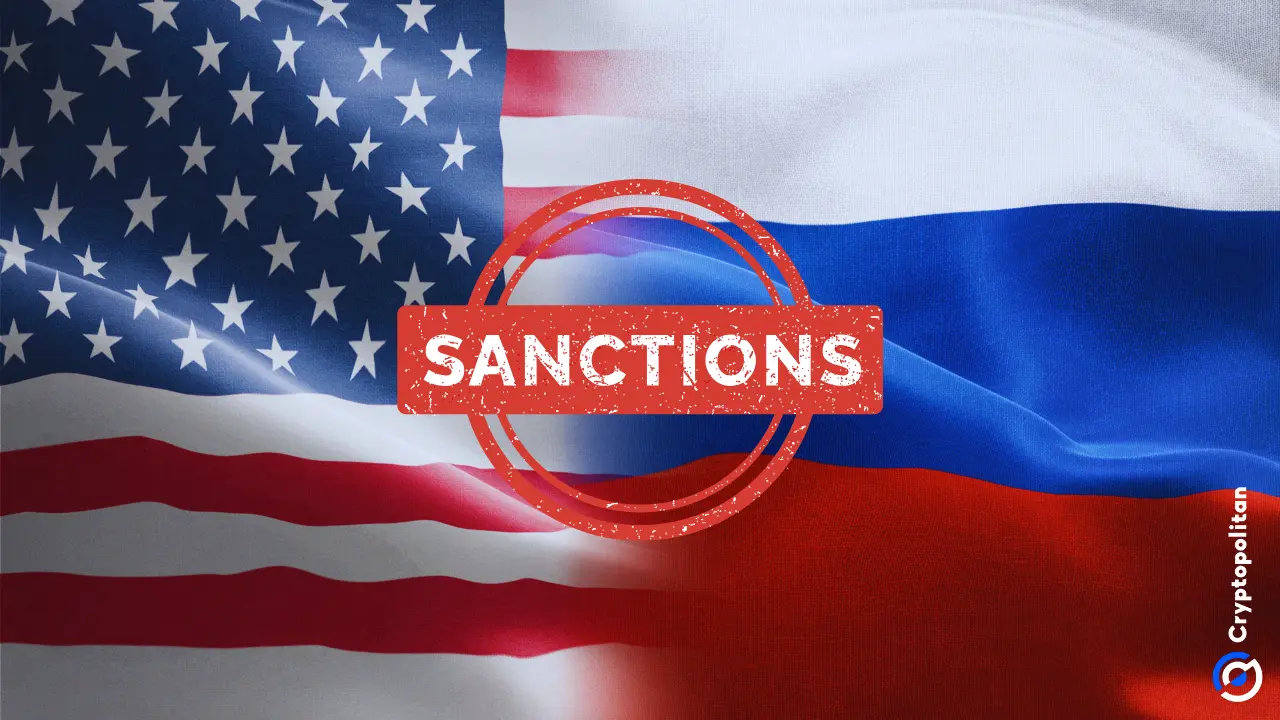

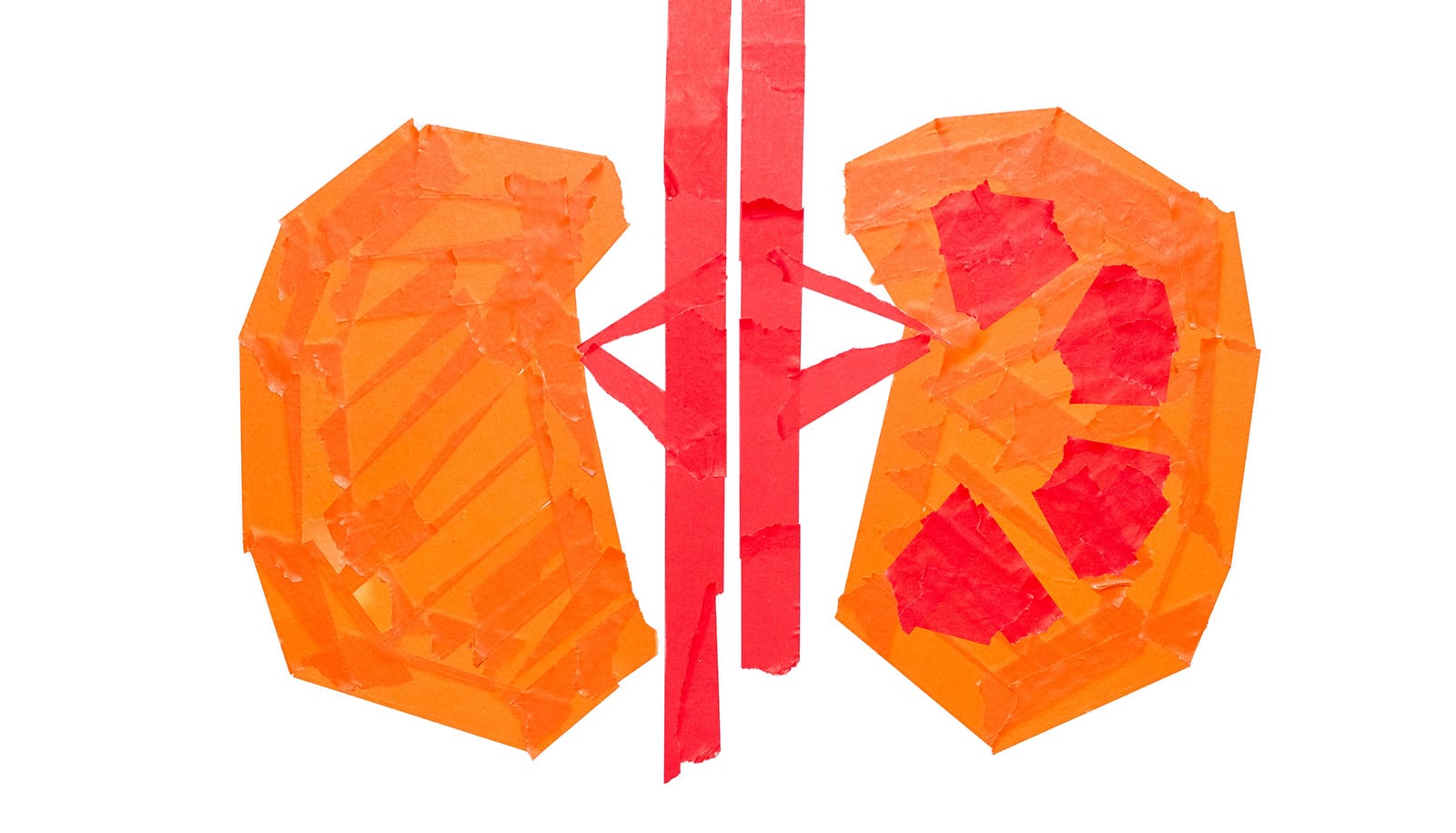
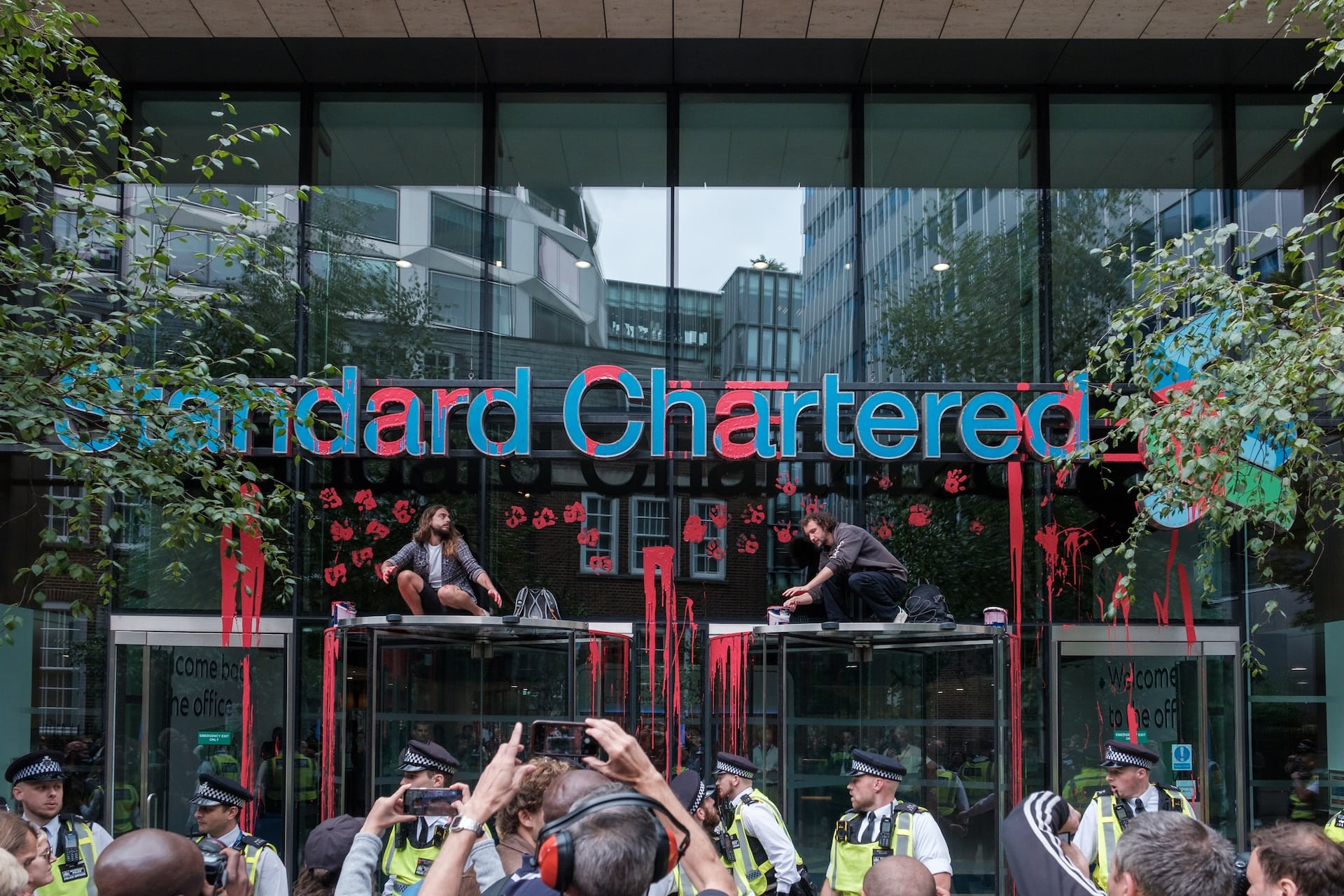

Leave a Comment